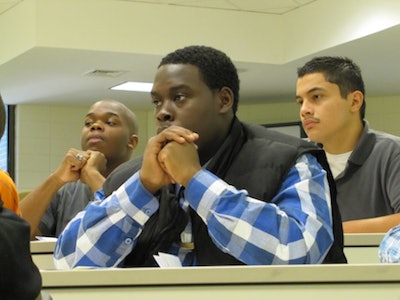

The study was performed by economics professors Caroline Hoxby of Stanford and Sarah Turner of the University of Virginia — perhaps best known for their research on “undermatch,” a problem in which low-income students don’t apply to the colleges they are academically qualified to attend — and builds upon previous research about ECO, which they both designed and implemented.
The researchers claim to show that providing students with relevant information about net cost customized to their family’s circumstances — coupled with “salient information” about college characteristics — “changes how students assess colleges in the application stage ultimately resulting in a stronger set of college options.”
According to the study — titled “What High-Achieving Low-Income Students Know About College” — the ECO treatment caused students to submit 48 percent more applications than those who did not get the ECO treatment. It also found that the treated students, referred to as ECO-C students, were 56 percent more likely to apply to a “peer” college or university, that is, an institution that students with similar academic qualifications are likely to attend.
The study also found that ECO caused students to apply to:
• A college with a 17 percent higher four-year graduation rate















